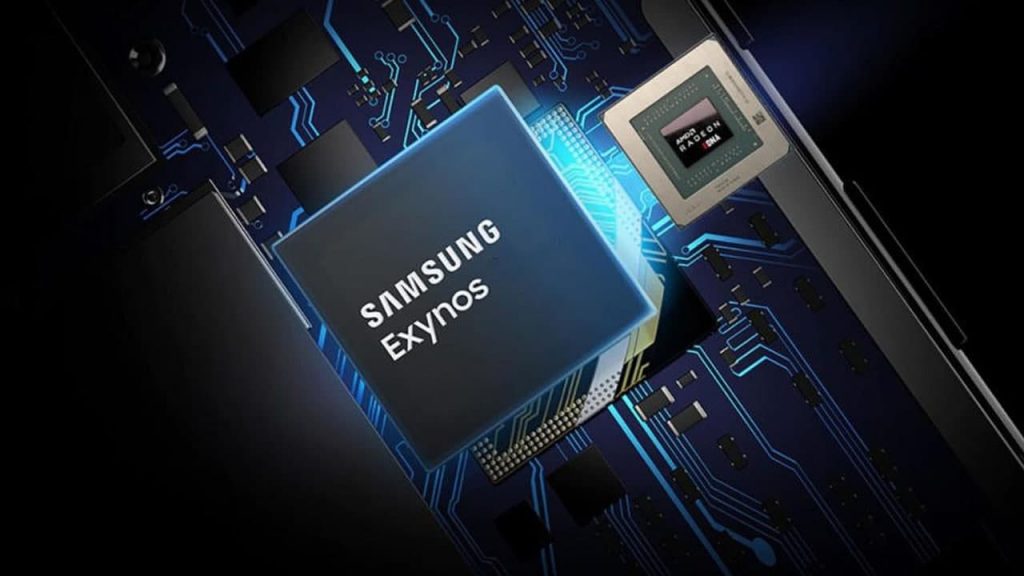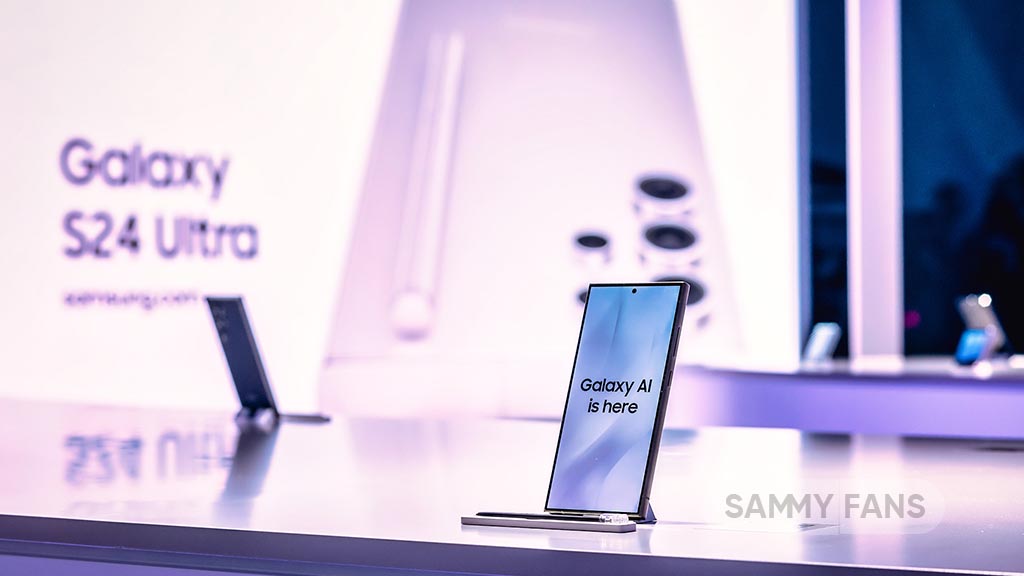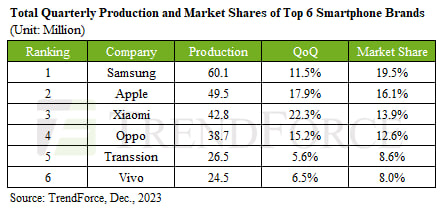
Samsung to attend White House meeting on chip shortage later this month
Due to the Covid-19 pandemic and nationwide lockdowns in several markets, the shortage of chipsets became a major issue at that time. And the tech makers are continuously finding a way to tackle this severe problem in the industry.
According to the latest information, some major chip makers including Samsung, General Motors, and Global Foundries are expected to attend a White House meeting later this month. In the meeting, the company’s are likely to discuss the ways to get out of the issue of chip shortage.

To address this issue, the White House representatives might also get in touch with Congress and foreign allies. However, there is no official confirmation arrived yet.
How Samsung will address the shortage of chipsets?
Samsung is taking big steps, in which the company is partnering with Taiwan’s TSMC for increasing the production capacity, by building a processor plant in Austin Texas through a 12 billion investment. In addition, TSMC will develop one more plant in Arizona by spending a huge $12 billion.
These big investments will not only help the company to fulfill the chipset demand but also scale up and promote local production in the US. However, the company will also get incentives from the US Government as part of the policy.
Last but not least, it is reported from various renowned researchers that the global chip shortage is set to continue in 2021 which could result in way worse conditions.
But as we mentioned above, Samsung is all set to tackle this issue and every Samsung fan is expecting that the company will not increase the prices of the upcoming phones, set to launch after these huge investments.
STAY CONNECTED WITH US:
- Join SammyFans on Telegram
- Like SammyFans.com on Facebook
- Follow SammyFans on Twitter
- Get the latest insights through Google News
- Send us tips at – [email protected]
Business
Samsung holds onto top spot but Apple, Xiaomi getting closer

Samsung remained the king in the Q2 2024 market, but Apple and Xiaomi are getting closer. IDC market research data shows that Samsung led the worldwide smartphone market in the second quarter of the year and Chinese brands scored rapid growth.
According to IDC, Samsung sold 53.9 million devices in the second quarter. The company occupied an 18.9% market share internationally. The company has slightly improved its sales share up from 53.5 million units in the same period last year.
The data suggests that Apple ranked second in terms of global volume sales. The iPhone maker shipped 45.2 million devices in Q2, 2024. It captured a market share of 15.8%, a modest increase from 44.5 million shipments in the second quarter of last year.
Third comes Xiaomi. The Chinese brand saw massive growth in sales year over year. It had sold 42.3 million smartphones in the second quarter alone. It’s a big jump from 33.2 million units shipped in Q2 2023, becoming a potential threat to Apple and Samsung.

Apart from this, Vivo also recorded significant growth in the global market. The company’s year-over-year growth in Q2 was 21.9%, with sales listing 25.9 million units with a market share of 9.1%. The growth percentage shows that aggressive marketing and boasting competitive specs into devices is paying off.
Samsung, Apple’s game isn’t over…
Last week, Samsung launched its new foldable phones, releasing on July 24, 2024. Apple, on the other hand, is expected to launch new flagship iPhones in September. It means, Samsung will enjoy the third quarter as well. The fourth quarter might be of Apple as iPhone sales would sharply grow in the global market given the new lineup release.
Samsung is now preparing to unveil new FE products later this year, followed by the S25 series in early next year. Chinese brands are expected to debut their latest flagships in the last quarter of this year, while Google Pixel phones are also coming in August.
Business
Samsung expects massive profit boom in Q2 given AI rise

Samsung today announced provisional sales and profit results for the second quarter. Samsung formally announced the provisional/predicted sales and operating profit, suggesting a massive profit boom in Q2, 2024 given the AI memory semiconductor rise.
In Q2, 2024, Samsung sales provisionally increased by 2.89% and operating profit by 57.34% compared to the previous quarter thanks to AI boom. Besides, the sales climbed by 23.31% and operating profit by 1,452.24% compared to the same period last year.
The company expects sales of 74 trillion won and operating profit of 10.4 trillion won on a consolidated basis. While these results are not final, there won’t be much change in the final result when it comes out. Samsung had a pretty profitable period in the second quarter.
Samsung in Q2
- Consolidated Sales: Approximately 74 trillion Korean won
- Consolidated Operating Profit: Approximately 10.4 trillion Korean won
The Korean tech giant is currently facing yield issues in its second-generation 3nm process. The flagship Exynos processor is unlikely to be commercialized this year. It would lead the Mobile business to face additional burdens due to rising prices of Snapdragon chipsets.
Meanwhile, Samsung is focussing on HBM (high bandwidth memory) semiconductors. HBM is a key player in artificial intelligence servers and data centers. The booming AI market will directly benefit Samsung’s semiconductor business.
Business
Samsung leads Q3 smartphone market, Huawei’s entry haunts Apple

Samsung ranked first in market share in the global smartphone market in Q3, 2023. TrendForce report says that Samsung led the global Q3 smartphone market, recording a market share of 19.5%.
Overall production in the third quarter increased by 11.5% compared to the previous quarter to 60.1 million units. During the same period, Apple’s production increased by 17.9% to 49.5 million, thanks to iPhone 15.
Follow our socials → Google News | Telegram | X/Twitter | Facebook | WhatsApp
Third place was taken by Xiaomi (13.9%), followed by Oppo (12.6%) and Transion (8.6%). 6th place is Vivo (8%). Meanwhile, global smartphone production reached 308 million units, a 13% increase compared to the previous quarter and a 6.4% increase from the previous year.
Huawei’s re-entry into the flagship smartphone market targeting Apple has had a significant impact in China. Huawei is aiming to expand its high-end flagship series, focusing on the Chinese domestic market next year, so Apple “We plan to attack directly”.

// Source












